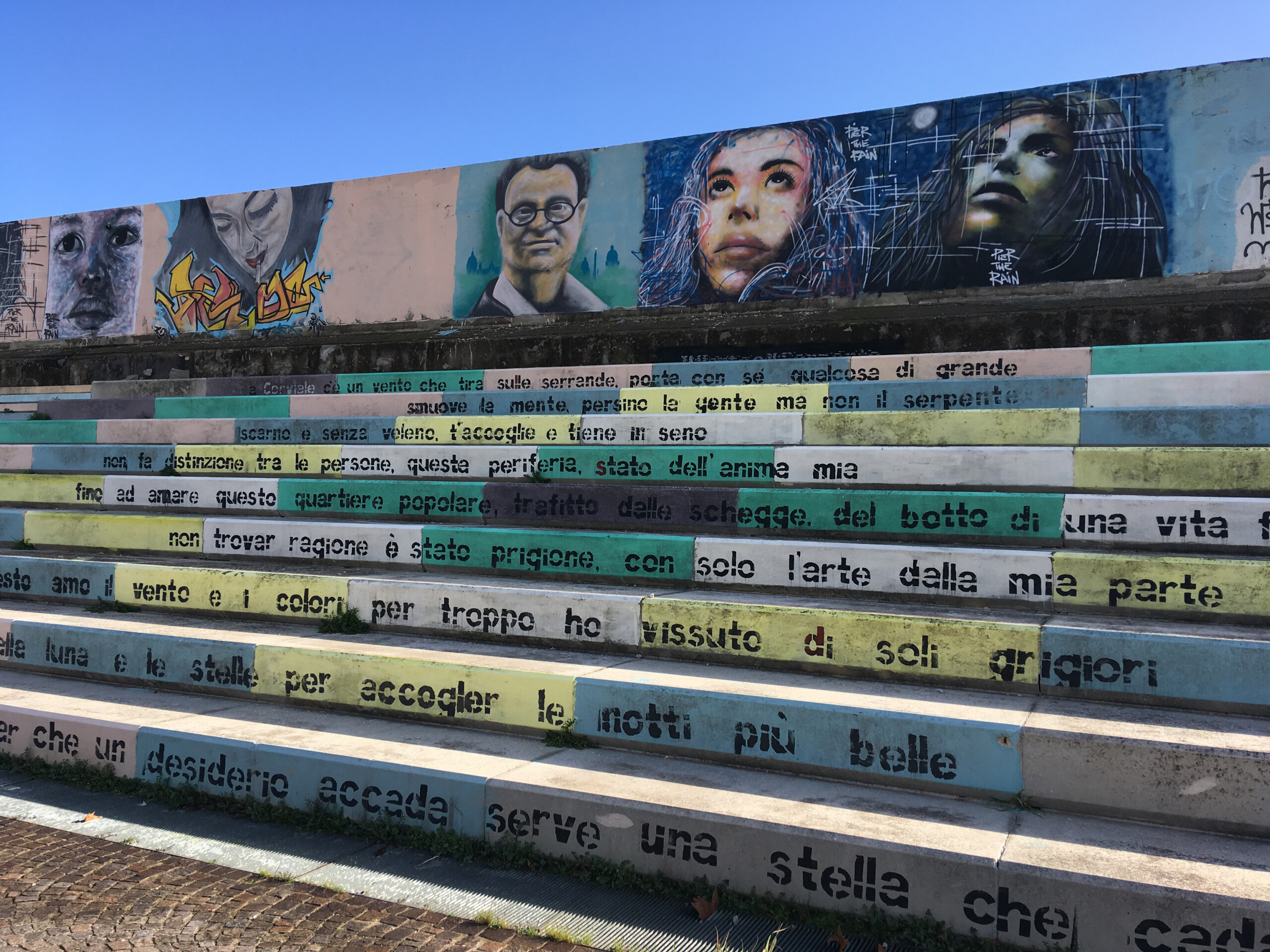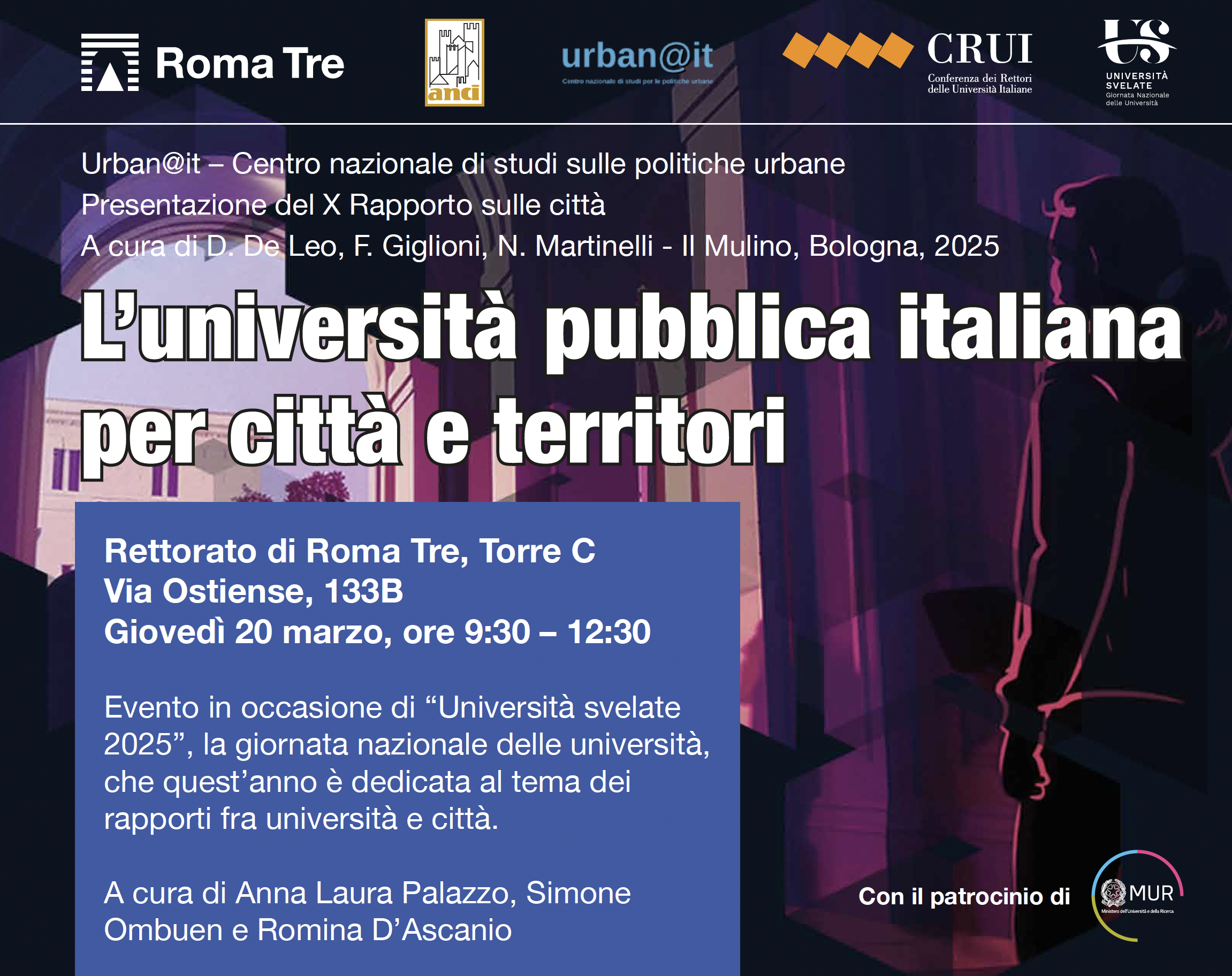In margine al Quaderno #19

Justice, democracy, desire
(in margine al Quaderno #19)
Direttore di UrbanisticaTre
In the recent decades we were forced to abandon the idea that the city is an organism: in the post-modern metropolis there is no internal consistency, rather there’s juxtaposition, coexistence, diversity. This approach seems to deny the plan and the reasons for his claim to act as a control and reorganization of space as a function of an ethical, social and economic justice. Under attack is primarily zoning, accused of imposing monotony and rigidity to a city, which is in fact increasingly fragmented and mixed. Such statement has its origins in a critique of the weberian modernity: against the inadequacies of rationality we discover the myth, against the elusive reality we are content with its interpretation. By now we know that the city is not only its material structure, but also much more: a system of relations, a system of values.
Yet even this different approach may suggest new and perhaps more effective directions. If we take the plan as a project of government rather than a drawing of a preconceived model, we must necessarily activate a dialogue among the actors, and the plan will work as a platform for such dialogue. On the other hand, the recognition of a plurality of actors also involves that of a plurality of objectives. We are also aware that the identification of targets comes through the unveiling-of the various languages that often obscure, in our culture, desires and passions.
What does this mean in terms of planning? That quantitative targets, to which we have in the past delegated the pursuit of justice are necessary, but are not the only ones. How else could we make sense of the urban rebellions, which often result in an immediate deterioration of the material conditions of those same actors? From the peripheries of London, Naples or Paris we received the same images of violence, showing a clear disenchantment of people with their own spatial environment.
Modern architecture, in an attempt to create a space (and a society) of equals, eliminated that symbolic apparatus that has so much part in the traditional city. With great and interested lucidity we had the temples of consumption and financial power substituting those of the civic (and religious) institutions. In doing so we built a hostile space, negation of that pact of coexistence among citizens of what the city has always been an allegory. Among the general context of globalization, from which it is impossible to withdraw, and the thousands local contexts there is an infinite variety of urban situations. This is also the meaning of our work: to recognize disparities, to enlarge citizenship rights. We must draw a space of democracy, open meeting, innovation, emotion. In this sense it might be necessary to give back value to the mingling of arts, which more than any other element point to arouse emotion, and recognise that the right to beauty exists for all citizens. Democracy is built also on these values and, after all, this is what planning was always about.
Ankara, July 2012






